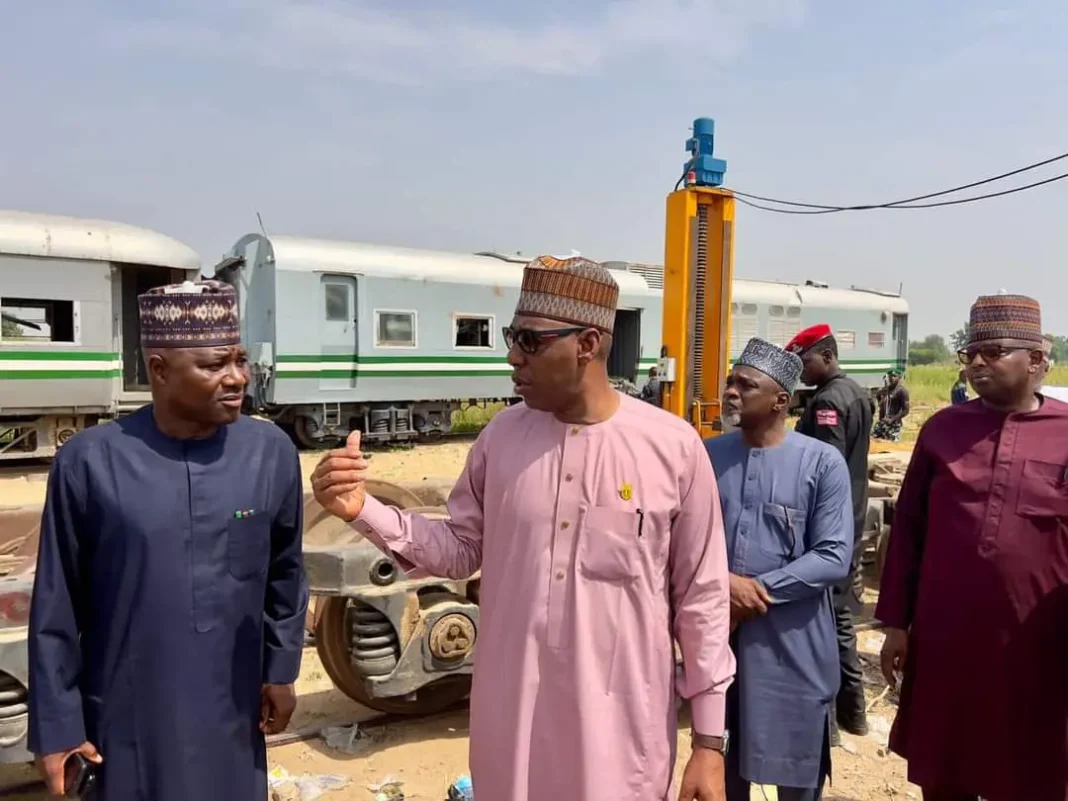The Federal Government has reaffirmed its commitment to linking all seaports and dry ports in Nigeria to the national railway network as part of efforts to strengthen the country’s logistics and supply chain services.
Managing Director of the Nigerian Railway Corporation (NRC), Kayode Opeifa, made this known on Wednesday while addressing participants at the Transportation Correspondents Association of Nigeria (TCAN) 2025 Summit held in Lagos.
Opeifa said connecting ports to the railway system remains a top priority for the NRC, stressing that the initiative will ensure seamless cargo movement, ease port congestion, and reduce the overdependence on road haulage.
According to him, the government is placing special focus on making Apapa a new logistics hub for efficient cargo evacuation to the hinterlands. He also disclosed that the Port Harcourt–Maiduguri rail line will be directly linked to the Port Harcourt Port in Rivers State, while the Warri rail station will connect to Warri Port in Delta State.
“Over 25 logistics companies are already making use of our rail corridors for cargo movement, and plans are underway to extend these benefits to Tin Can Island Port and Calabar Port,” Opeifa revealed.
On the state of infrastructure, he explained that the Itakpe–Warri route remains closed for now, but necessary facilities are in place to commence repair works soon.
Speaking on the theme “Driving the Transport Logistics Value Chains for Economic Growth”, TCAN Chairman, Tola Adenubi, emphasized that Nigeria has often paid lip service to transportation development, leaving barge operators struggling to survive.
He called for increased funding to strengthen the capacity of barge operations, noting that poor utilization of alternative transport modes has placed heavy pressure on Nigeria’s roads, thereby shortening their lifespan.
Adenubi further noted that beyond cargo movement, waterways serve as vital transport channels for passengers, linking communities across the country. With 28 of Nigeria’s 36 states accessible via 3,000 kilometres of navigable waterways, he stressed the urgent need to enforce the 2023 Inland Waterways Transportation Regulations (Waterways Transportation Code).
He also expressed concerns over recurring boat mishaps in northern states such as Zamfara, Sokoto, and Nasarawa, which he attributed to poor adherence to safety rules in riverine communities.
Both speakers concluded that a multi-modal transport system; rail, road, and waterways is essential to reduce logistics costs, improve trade, and accelerate Nigeria’s economic growth.




